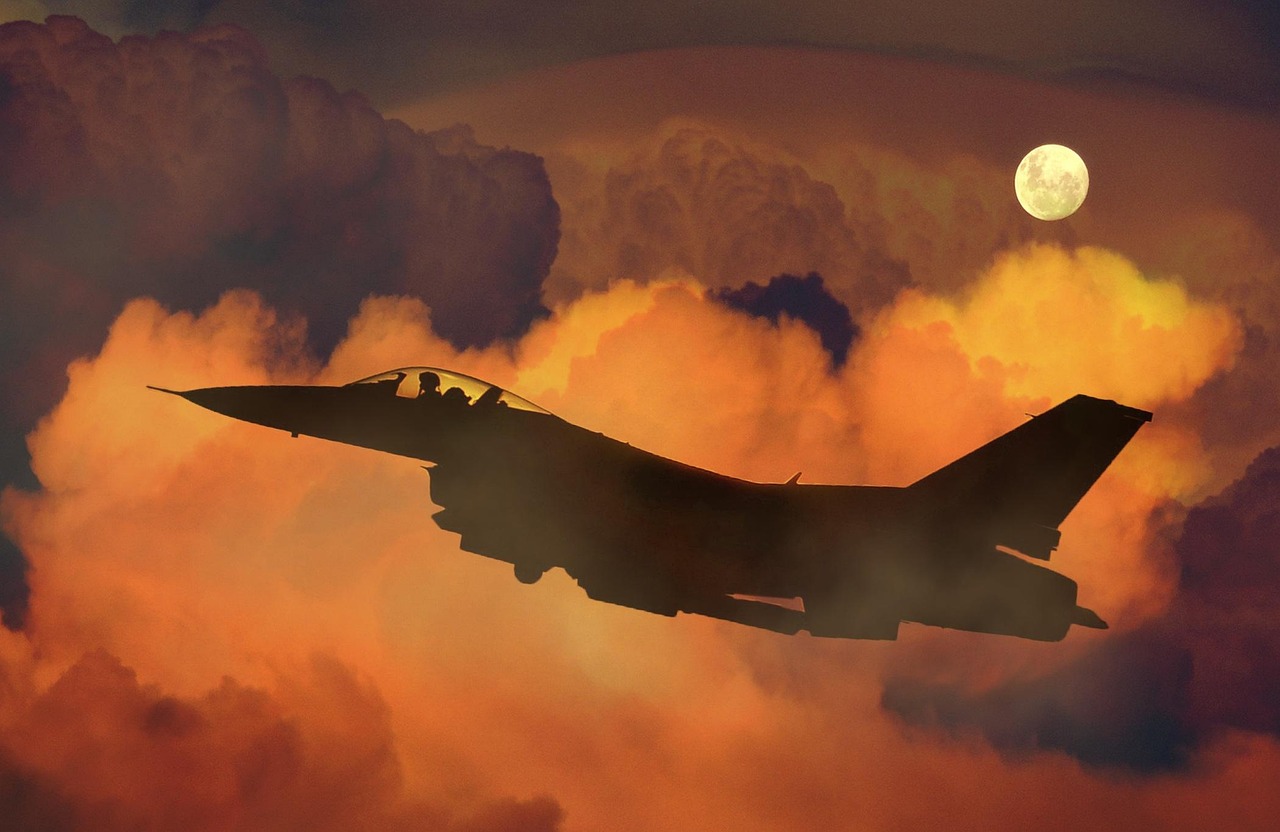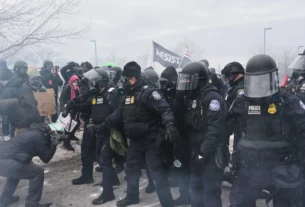Tensions in the Middle East soared as Iran launched a missile attack targeting the US-operated Al Udeid Air Base in Qatar. Despite the severity of the threat, swift actions by Qatari military forces and diplomatic engagement helped prevent the situation from escalating into a wider conflict.
Missiles Over the Gulf
On the day of the attack, top Qatari officials were meeting to explore ways of easing the Iran-Israel conflict. Their discussions were interrupted by warnings from the defense ministry about incoming Iranian missiles. The tremors of missile interceptions shook the Prime Minister’s residence, a stark reminder of the gravity of the unfolding crisis.
Fear of a full-scale war loomed over the Gulf. Bahrain restricted traffic, Kuwait activated emergency shelters, and anxiety spread through cities like Doha, Dubai, and Abu Dhabi. In Qatar, American citizens were urged to seek shelter, and personnel from Al Udeid Base were evacuated. Qatari intelligence and radar systems detected movement of Iranian missile batteries, confirming suspicions of a likely strike.
Qatar’s Defensive Maneuver
Around 7 p.m., Qatari military command confirmed Iranian missiles were en route to Al Udeid. In response, 300 Qatari troops were deployed, and Patriot missile systems were activated at two strategic sites. According to Qatar’s Foreign Ministry spokesperson Majed Al-Ansari, 19 missiles were fired. Seven were intercepted over the Persian Gulf, eleven neutralized over Doha, and one landed in an uninhabited area of the air base.
Though US-Qatar cooperation was evident, Qatari authorities emphasized that the operation was led by their defense forces. Despite having received intelligence support from Washington, Qatar had no direct warning from Tehran. However, officials were aware of Iran’s prior threats that any US attack on Iranian soil would render nearby American bases legitimate targets.
Iran later claimed the attack posed no threat to Qatar, insisting it had no intention of harming its “friendly and brotherly” neighbor. Nonetheless, Qatari officials strongly denied any suggestions that they permitted the attack to defuse broader tensions, asserting they were caught entirely by surprise.
Mediation and Ceasefire
In the hours following the attack, US President Donald Trump contacted Qatar’s Emir, urging his assistance in brokering a ceasefire with Iran. Qatari officials, including negotiator Mohammed bin Abdulaziz Al-Khulaifi and Prime Minister Mohammed bin Abdulrahman Al Thani, engaged with both US and Iranian leaders to de-escalate the crisis.
Recognizing the unique position Qatar held in the region, officials prioritized diplomacy over retaliation. Their mediation efforts culminated in a ceasefire agreement between Iran and Israel. Within hours, President Trump publicly announced that peace talks had succeeded, temporarily halting hostilities.
Qatar’s role in intercepting the missiles and facilitating urgent diplomatic channels showcased the country’s growing influence as a stabilizing force in the Middle East. Though the threat had passed, the incident underscored the fragile nature of regional peace and the vital importance of proactive diplomacy.




